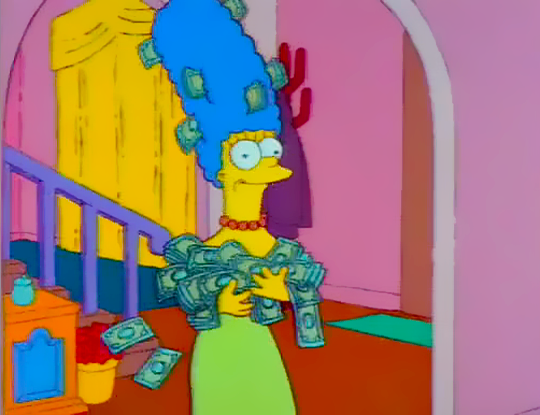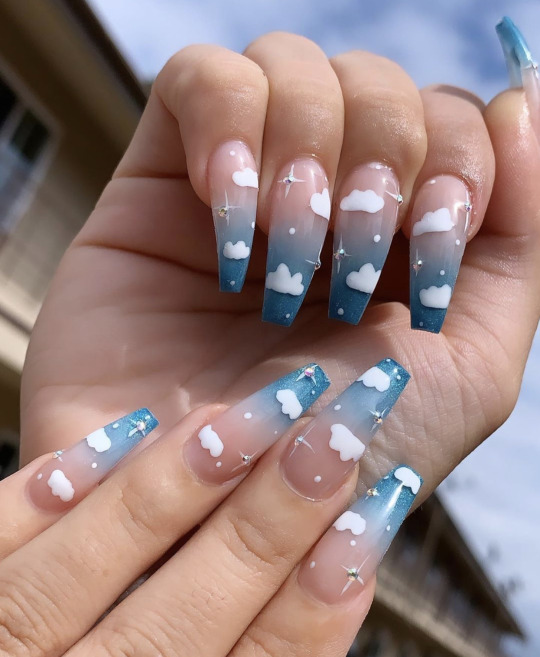Text
The United Nations has made a statement regarding the protests against racial inequality in the United States. It reads:
"The recent killing of George Floyd has shocked many in the world, but it is the lived reality of black people across the United States. The uprising nationally is a protest against systemic racism that produces state-sponsored racial violence, and licenses impunity for this violence. The uprising also reflects public frustration and protest against the many other glaring manifestations of systemic racism that have been impossible to ignore in the past months, including the racially disparate death rate and socioeconomic impact of the COVID-19 pandemic and the disparate and discriminatory enforcement of pandemic-related restrictions. This systemic racism is gendered. The protests the world is witnessing, are a rejection of the fundamental racial inequality and discrimination that characterize life in the United States for black people, and other people of color.
The response of the President of the United States to the protests at different junctures has included threatening more state violence using language directly associated with racial segregationists from the nation’s past, who worked hard to deny black people fundamental human rights. We are deeply concerned that the nation is on the brink of a militarized response that reenacts the injustices that have driven people to the streets to protest.
Expressions of solidarity—nationally and internationally—are important but they are not enough. Many in the United States and abroad are finally acknowledging that the problem is not a few bad apples, but instead the problem is the very way that economic, political and social life are structured in a country that prides itself in liberal democracy, and with the largest economy in the world. The true demonstration of whether Black lives do indeed matter remains to be seen in the steps that public authorities and private citizens take in response to the concrete demands that protestors are making. One example is nationwide calls to rollback staggering police and military budgets, and for reinvestment of those funds in healthcare, education, housing, pollution prevention and other social structures, especially in communities of color that have been impoverished and terrorized by discriminatory state intervention.
Reparative intervention for historical and contemporary racial injustice is urgent, and required by international human rights law. This is a time for action and not just talk, especially from those who need not fear for their lives or their livelihoods because of their race, colour, or ethnicity. Globally, people of African descent and others have had to live the truths of systemic racism, and the associated pain, often without meaningful recourse as they navigate their daily lives. International leaders that have spoken out in solidarity with protestors, and with black people in the United States should also take this opportunity to address structural forms of racial and ethnic injustice in their own nations, and within the international system itself.
UN experts:
E. Tendayi Achiume, Special Rapporteur on contemporary forms of racism, racial discrimination, xenophobia and related intolerance
Ahmed Reid (Chair), Michal Balcerzak, Dominique Day, Sabelo Gumedze, and Ricardo A. Sunga III,Working Group of experts on people of African descent
Ikponwosa Ero, Independent Expert on the enjoyment of human rights by persons with albinism
Leigh Toomey (Chair-Rapporteur), Elina Steinerte (Vice-Chair), José Antonio Guevara Bermúdez, Sètondji Roland Adjovi, and Seong-Phil Hong,Working Group on Arbitrary Detention
Githu Muigai (Chair), Anita Ramasastry (Vice-chair), Surya Deva, Elżbieta Karska, and Dante Pesce, Working Group on Business and Human Rights
Rhona Smith, Special Rapporteur on the situation of human rights in Cambodia
Yao Agbetse, Independent Expert on the situation of human rights in the Central African Republic
Nourredine Amir (Chair), Committee on the Elimination of Racial Discrimination (CERD)
Tomás Ojea Quintana, Special Rapporteur on the situation of human rights in the Democratic People's Republic of Korea
Saad Alfarargi, Special Rapporteur on the right to development
Catalina Devandas-Aguilar, Special Rapporteur on the rights of persons with disabilities
Kombou Boly Barry, Special Rapporteur on the right to education
David R. Boyd, Special Rapporteur on human rights and the environment
Agnès Callamard, Special Rapporteur on extrajudicial, summary or arbitrary executions
Michael Fakhri, Special Rapporteur on the right to food
Yuefen LI, Independent Expert on the effects of foreign debt and other related international financial obligations of States on the full enjoyment of all human rights, particularly economic, social and cultural rights
David Kaye, Special Rapporteur on the promotion and protection of the right to freedom of opinion and expression
Clément Nyaletsossi Voule, Special Rapporteur on the rights to freedom of peaceful assembly and of association
Baskut Tuncak, Special Rapporteur on human rights and hazardous substances and wastes
Dainius Pūras, Special Rapporteur on the right to physical and mental health
Balakrishnan Rajagopal, Special Rapporteur on adequate housing as a component of the right to an adequate standard of living, and on the right to non-discrimination in this context
Livingstone Sewanyana, Independent Expert on the promotion of a democratic and equitable international order
Obiora C. Okafor, Independent Expert on human rights and international solidarity
Alice Cruz, Special Rapporteur on the elimination of discrimination against persons affected by leprosy and their family members
Alioune Tine, Independent Expert on the situation of human rights in Mali
Chris Kwaja (Chair), Jelena Aparac, Lilian Bobea, Sorcha MacLeod, and Saeed Mokbil, Working Group on the use of mercenaries as a means of violating human rights and impeding the exercise of the right of peoples to self-determination
Felipe González Morales, Special Rapporteur on the human rights of migrants
Fernand de Varennes, Special Rapporteur on minority issues
Thomas Andrews, Special Rapporteur on the situation of human rights in Myanmar
Claudia Mahler, Independent Expert on the enjoyment of all human rights by older persons
Michael Lynk, Special Rapporteur on the situation of human rights in the Palestinian Territory occupied since 1967
Olivier De Schutter, Special Rapporteur on extreme poverty and human rights
Joe Cannataci, Special Rapporteur on the right to privacy
Ahmed Shaheed, Special Rapporteur on freedom of religion or belief
Mama Fatima Singhateh, Special Rapporteur on sale and sexual exploitation of children
Victor Madrigal-Borloz, Independent Expert on protection against violence and discrimination based on sexual orientation and gender identity
Tomoya Obokata, Special Rapporteur on contemporary forms of slavery, including its causes and consequences
Isha Dyfan, Independent Expert on the situation of human rights in Somalia
Aristide Nononsi, Independent Expert on the situation of human rights in the Sudan
Fionnuala D. Ní Aoláin, Special Rapporteur on the promotion and protection of human rights and fundamental freedoms while countering terrorism
Nils Melzer, Special Rapporteur on torture and other cruel, inhuman or degrading treatment or punishment
Maria Grazia Giammarinaro, Special Rapporteur on trafficking in persons, especially women and children
Fabian Salvioli, Special Rapporteur on the promotion of truth, justice, reparation and guarantees of non-recurrence
Alena Douhan, Special Rapporteur on the negative impact of the unilateral coercive measures on the enjoyment of human rights
Dubravka Šimonovic, Special Rapporteur on violence against women, its causes and consequences
Léo Heller, Special Rapporteur on the human rights to water and sanitation
Meskerem Geset Techane, Elizabeth Broderick (Chair), Alda Facio, Ivana Radačić, and Melissa Upreti (Vice Chair), Working Group on discrimination against women and girls
The Special Rapporteurs and Working Groups are part of what is known as the Special Procedures of the Human Rights Council. Special Procedures, the largest body of independent experts in the UN Human Rights system, is the general name of the Council's independent fact-finding and monitoring mechanisms that address either specific country situations or thematic issues in all parts of the world. Special Procedures' experts work on a voluntary basis; they are not UN staff and do not receive a salary for their work. They are independent from any government or organization and serve in their individual capacity."
#personal blog#black lives matter#black lives movement#united states#UN#united nations#historical moment#USA#human rights#blm#racism#america#politics#protests#protest
27 notes
·
View notes
Photo
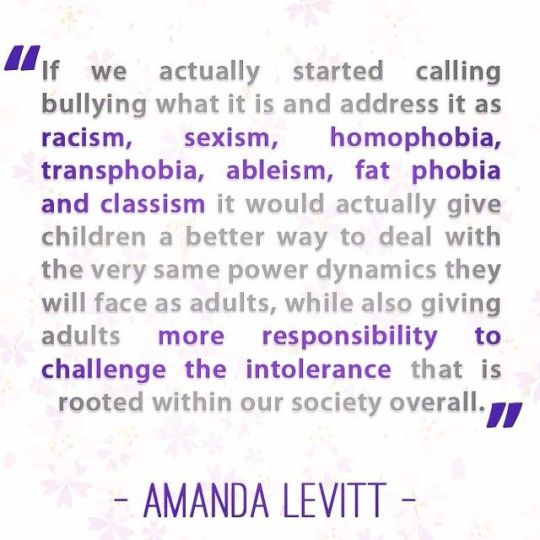
Purple and grey text on a white background says;
“If we actually started calling bullying what it is and address it as racism, sexism, homophobia, transphobia, ableism, fat phobia and classism it would actually givie children a better way to deal with the very same power dynamics they will face as adult, while also giving adults more responsibility to challenge the intolerance that is rooted within our society overall.” -Amanda Levitt-
My commentary:
'Bullying' is just bigotry expressed by children who have been taught how to hate. 'Bullying' is a small scale introduction to the oppressive power structures that will unfairly impact our lives in adulthood. The 'bullies' are small, simplified caricatures of privileged groups; groups who will unfairly thrive at the expense of the oppressed people who were 'picked on' as children. The 'bullying' I suffered in childhood is a complete small-scale model of the ableism, misogyny, classism, biphobia and religious discrimination I continue to face in adulthood. I'm not the only one
#bullying#racism#sexism#homophobia#transphobia#ableism#fat phobia#classism#children#protect children#adults#power dynamics#society#bullies#childhood#biphobia#religious discrimination#misogyny#power structures
0 notes
Text
When we talk about being fat-positive and we say, “weight is not an indication of health,” I will reblog it. But I want us to also say, “health is not an indication of value.”
I could be at any weight and I will never be healthy, because I am chronically ill. Someone might be chronically ill and fat, or they might be chronically ill and not fat, and it really doesn’t matter.
When you make it about health, you’re saying health is the pinnacle of human achievement, and you’re shitting on those of us for whom health will always be a pipe dream.
206K notes
·
View notes
Text
reblog if AAAAAAAAA
AAAAAAAAAAAAAAAAAAAAAAAAAAAAAAAAAAAAAAAAAAAAAAAAAAAAAAAAAAAAAAAAAAAAAAAAAAAAAAAAAAAAAAAAAAAAAAAAAAAAAAAAAAAAAA

797K notes
·
View notes
Photo
Check out my pins 😊
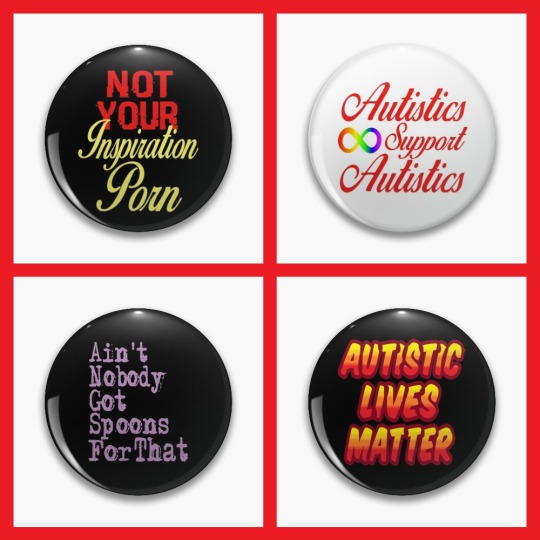
Check out these amazing new pins, just in time for Autism Acceptance Month. If you’re interested in any of these pictured products, just click on the corresponding link below. Stay safe, be kind, and have a wonderful day :)
‘Not Your Inspiration Porn’ Pin Button
‘Autistics Support Autistics’ Pin Button
‘Ain’t Nobody Got Spoons For That’ Pin Button
‘Autistic Lives Matter’ Pin Button
#reblogging a post from my art blog#art#my art#digital art#autistic artist#autistic art#autismacceptance#autistic pride#redbubbleshop#my redbubble#redbubble pins#aint nobody got spoons for that#autistic lives matter#proud autistic#not your inspiration porn#missmuffet27
19 notes
·
View notes
Photo
Check out more of my designs, I’m really proud of how they turned out :)
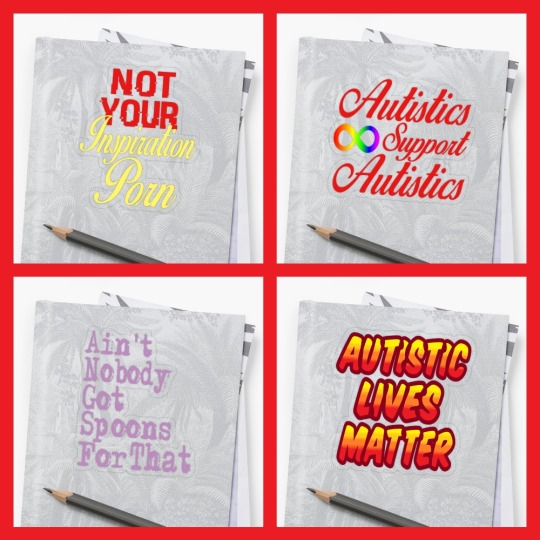
Wear red instead for Autism Acceptance. No blue lights and puzzle pieces are allowed here; that’s some ableist garbage! If you like any of the pictured products, just click on the corresponding link below. Stay safe, be kind and have a wonderful day :)
‘Not Your Inspiration Porn’ Transparent Sticker
‘Autistics Support Autistics’ Transparent Sticker
‘Ain’t Nobody Got Spoons For That’ Transparent Sticker
‘Autistic Lives Matter’ Transparent Sticker
#reblogging a post from my art blog#art#my art#my art blog#redbubble#my redbubble#my redbubble art#autistic art#autistic artist#autistic owned art#autistic lives matter#proud autistic#aint nobody got spoons for that#not your inspiration porn#missmuffet27#redbubble stickers
13 notes
·
View notes
Photo
Check ot my designs :)

How about a nice classic t-shirt for Autism Acceptance? If you like any of the featured products, just click on the corresponding link below. Stay safe, be kind and have a wonderful day <3
‘Not Your Inspiration Porn’ Classic T-Shirt
‘Autistics Support Autistics’ Classic T-Shirt
‘Ain’t Nobody Got Spoons For That’ Classic T-Shirt
‘Autistic Lives Matter’ Classic T-Shirt
#reblogging a post from my art blog#art#my art#my artwork#redbubble#redbubble shirts#my redbubble art#autistic art#autistic artist#aint nobody got spoons for that#autistic lives matter#not your inspiration porn#proud autistic#missmuffet27#autistic owned art
6 notes
·
View notes
Text
It’s okay to be annoyed at social distancing. It’s okay to be disappointed your favorite event was canceled or frustrated with online classes or online work. It’s okay, feel the way you’re feeling, we need room for that.
But remember, herd action is a powerful thing, we aren’t doing this for just you or me or one single person. We’re doing this for the elderly and immunecompromised, we’re doing this for the health care professionals so they don’t get too overwhelmed. We’re doing this for more than just ourselves. This is collective action at work.
And it is the group that lifts that barn when no one person can
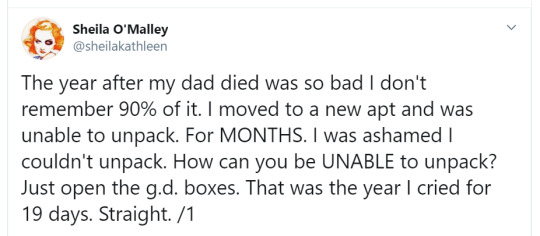

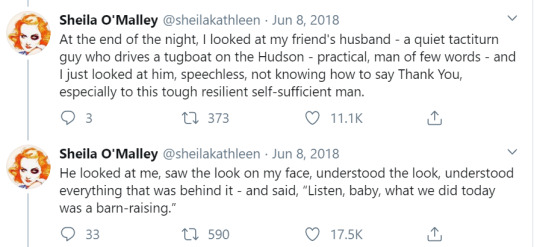
it is the group that takes turns talking to the man down during the worst day of his life
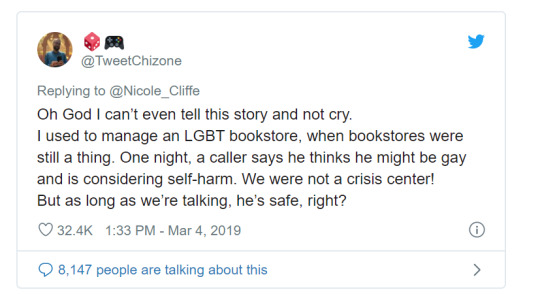
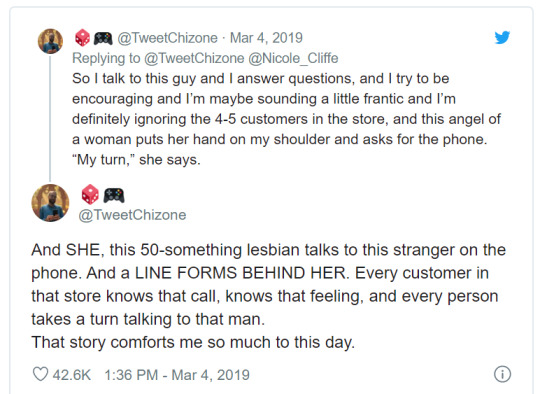
it’s the group that gets out the wet wipes and quietly takes down hate symbols
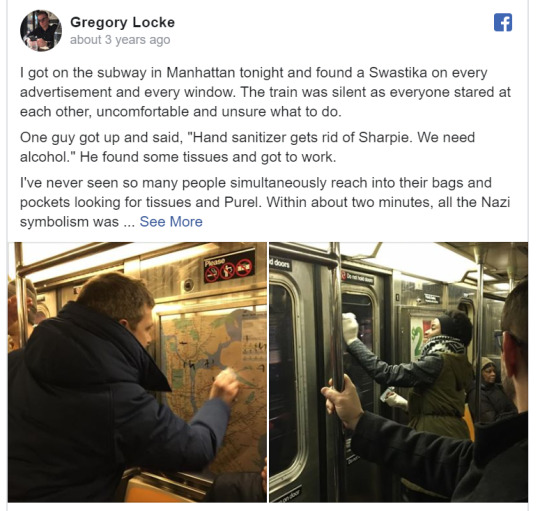
and we don’t do that for ourselves. We do that because there is a love for strangers, a love for people we don’t know, and a dedication to others that is more than just “me” and “survive” and us vs them.
It is easy to feel alone in these times when we are literally meant to be alone, but this too is a means of care, this too is an act of love. And I think, I really do, I think that’s worth holding onto.
42K notes
·
View notes
Photo
This looks so cute ❤️
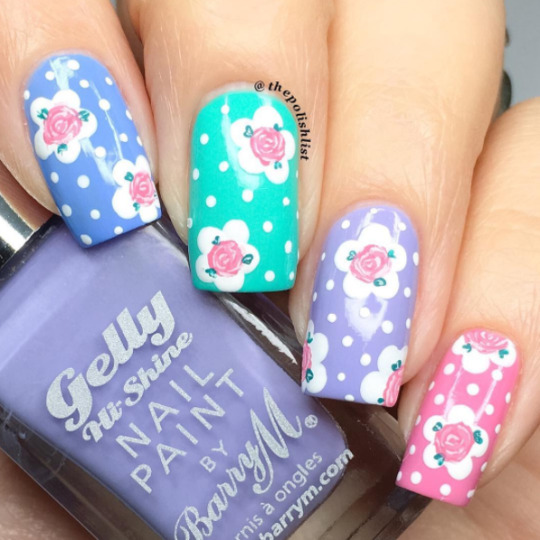
322 notes
·
View notes
Photo
Cute shirts for April :)

How about a nice classic t-shirt for Autism Acceptance? If you like any of the featured products, just click on the corresponding link below. Stay safe, be kind and have a wonderful day <3
‘Not Your Inspiration Porn’ Classic T-Shirt
‘Autistics Support Autistics’ Classic T-Shirt
‘Ain’t Nobody Got Spoons For That’ Classic T-Shirt
‘Autistic Lives Matter’ Classic T-Shirt
#reblogging a post from my art blog#buy my art#buy my redbubble art#autistic pride#autistic rights#autistic venting#aint nobody got spoons for that#actuallyautistic#actually autistic#autistic artist#missmuffet27#autistic lives matter#not your inspiration porn#autistics support autistics#redbubble shirts
6 notes
·
View notes
Photo
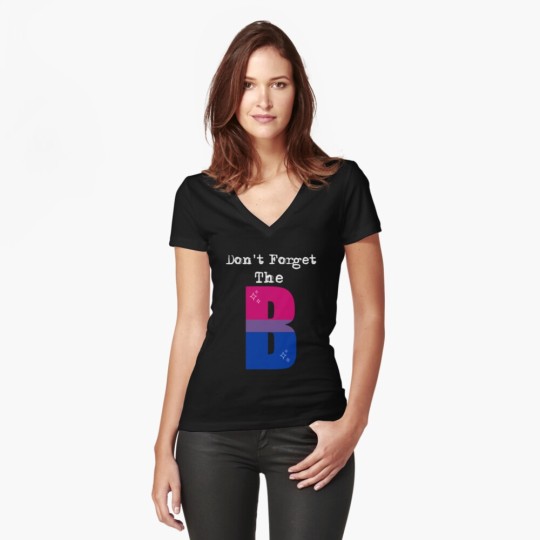
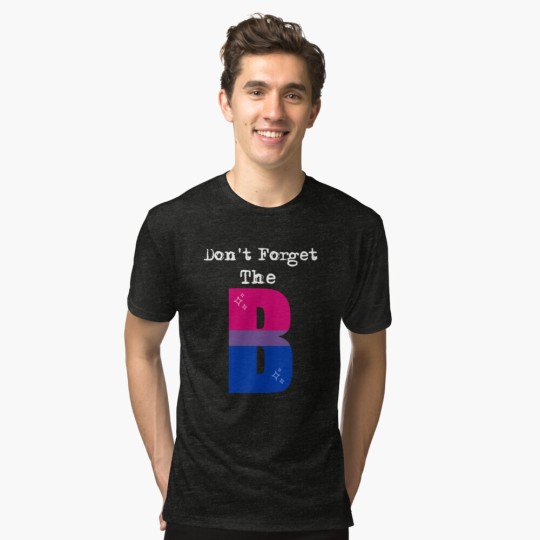

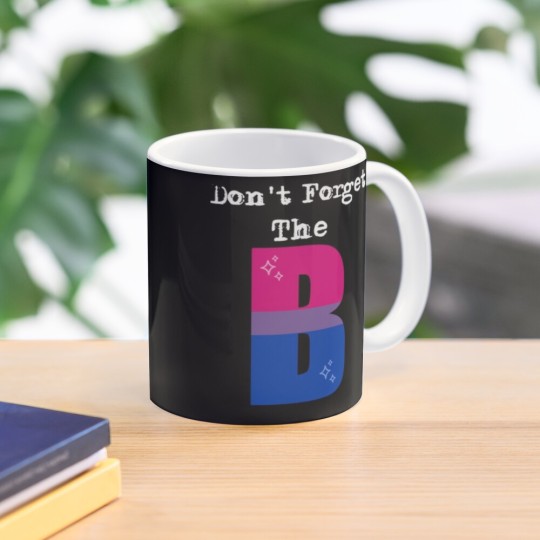
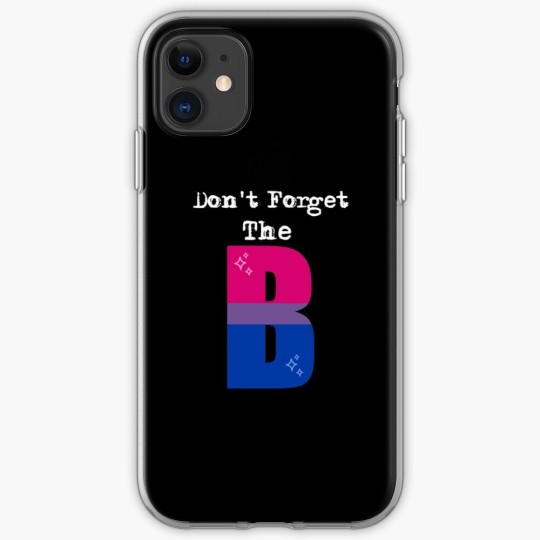
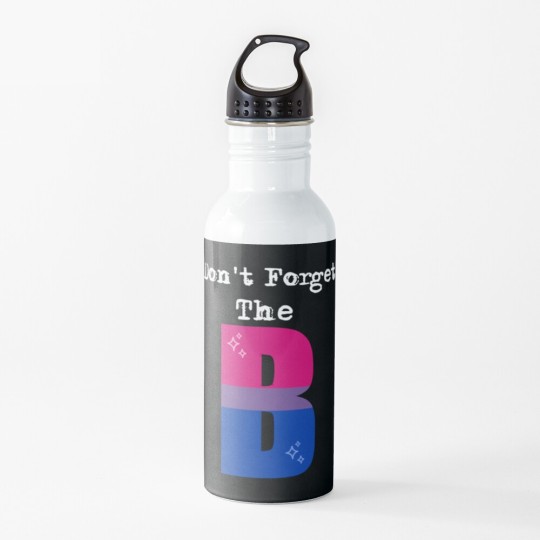
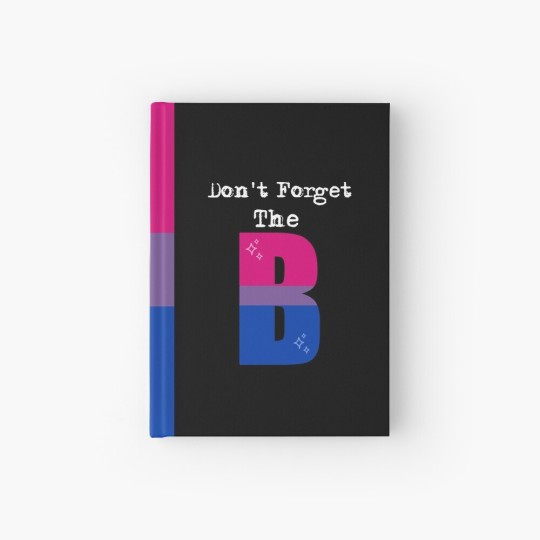
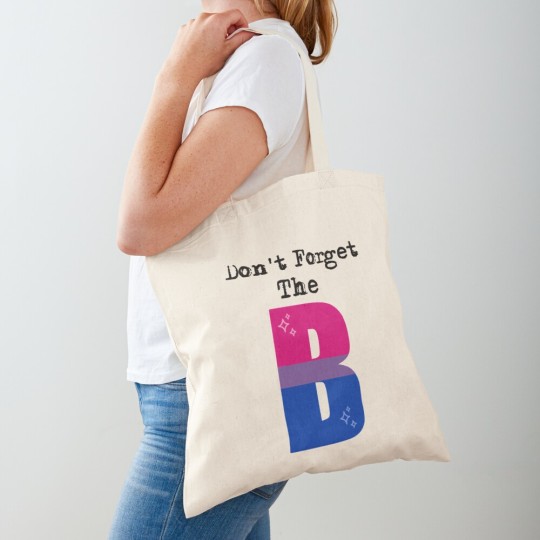
A new RedBubble design to celebrate me coming out. Check out one of the links below if you like what you see 😊
🌈 ‘Don’t Forget The B’ V Neck T-Shirt
❤ ‘Don’t Forget The B’ Tri-Blend T-Shirt
💜 ‘Don’t Forget The B’ Poster
💙 ‘Don’t Forget The B’ Classic Mug
❤ ‘Don’t Forget The B’ iPhone Soft Case
💜 ‘Don’t Forget The B’ Water Bottle
💙 ‘Don’t Forget The B’ Hardcover Journal
🌈 ‘Don’t Forget The B’ Cotton Tote Bag
#redbubble#my redbubble#redbubbleartistshop#redbubbleshop#redbubble shirts#redbubble posters#redbubble mugs#redbubble iphone cases#redbubble water bottles#redbubble books#redbubble tote bags#art blog#my art blog#my art#my artwork#buy my art#buy my redbubble art#bi#bisexual#I'm bisexual#my bisexuality#bi pride#not a phase#lgbtqia#lgbtqia community#lgbtqia art#bisexual pride
5 notes
·
View notes
Text
At first, I was scared to talk about this. But for the sake of self-love and growth, I have learned to accept it and be honest about this aspect of my identity.
All my life I thought I was straight, as the majority of people I ever feel a sexual attraction to a cis-men. However, there have been few moments throughout my life where I have felt a sexual attraction towards women who have fitted into one of two oddly specific physical appearance; the first type being extremely pale, delicately feminine, thin white women; the other type being confidently feminine Asian women who tend to fall in line with South Korean beauty. Because these moments of sexual where oddly specific and occur than my moments of attraction to men, I palmed them off as anomalies, and believing the myth that bisexuality meant that one’s attraction to men and women had to be on an equal ratio, or else it was invalid. As I began to learn more about the complexities of human sexuality, (separating the myths from the facts and challenging my own preconceived notions) I began to realise that these ‘anomalies’ of attraction to these specific kinds of women were actually pattern that exposed a part of my sexuality that I was hesitant to except. Eventually, I realised that I had to except the proverbial elephant in the room as an act of self-care;
I am actually bisexual.
#Bisexual#coming out#bisexuality#Bi#bipride#bi pride#I'm bisexual#My bisexuality#my bisexuality is quaking
3 notes
·
View notes
Text
Where was this when I was at Uni?!
5 Tips For Writing an Article Summary
Read the abstract first to get a good synopsis of what the article is about.
Try to paraphrase as much as possible to show that you understand the source material and have a good grasp on the concepts. This is the entire reason you’re writing the summary in the first place.
Consider what the author wants you to take from their work and what sources they’ve used to try to prove their point.
Restate the author’s thesis in your own thesis statement.
Stay objective and avoid adding your own perspectives or opinions about the article. This is a summary, not an article critique.
6 notes
·
View notes
